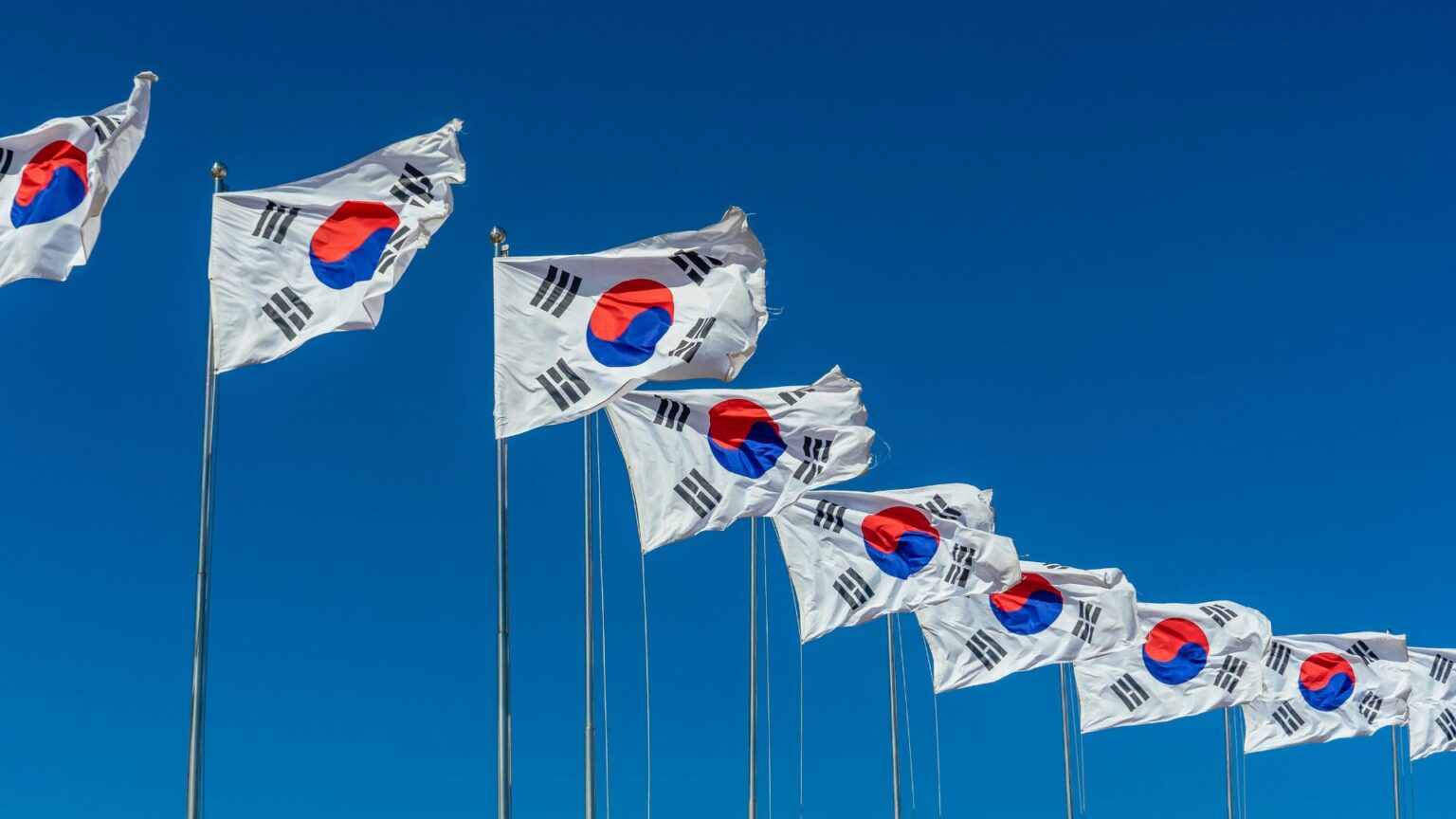South Korea’s battery manufacturing sector has emerged as a key player on the global stage, yet its partnership with China’s industrial chain presents both significant opportunities and inherent challenges. As China’s battery industry scales new heights, accounting for over 70% of the global battery production capacity, South Korean manufacturers find themselves at a crucial juncture for collaboration and competition.
Highlighting the scope of potential gains, collaborations between South Korean firms and China’s refined industrial chain can lead to optimized production and cost efficiencies. China’s dominance in battery raw materials, specifically its control over more than 60% of the global supply of lithium, cobalt, and nickel, underscores the strategic importance of synergy. Integrative operations with China’s supply chain could mitigate costs and enhance technological innovation, giving South Korean companies a competitive edge.
However, such partnerships are not without their complications. The dependency on Chinese resources poses significant risks. With the Chinese market subject to geopolitical tensions and policy shifts, South Korea faces the critical challenge of maintaining autonomy in technological advancements. As it stands, while China offers an expansive market and cost advantages, South Korean companies must navigate the balance of leveraging these benefits while investing in domestic innovations.
To confront these challenges head-on, South Korean firms have started investing in diversifying their supply chains. A recent shift towards securing lithium resources from Australia and engaging in technological partnerships with European tech firms represents a strategic move to lessen Chinese dependency. These actions are further bolstered by governmental support aimed at strengthening the domestic battery ecosystem, ensuring that South Korea not only remains competitive but continues to innovate independently.
As the global demand for electric vehicles (EVs) rises, projected to increase at least tenfold by 2030 according to industry reports, the pressure mounts on South Korean battery producers to scale efficiently and sustainably. China’s advanced manufacturing capabilities offer critical insights and opportunities for co-evolution. Yet, the path ahead demands a nuanced strategy—one that embraces collaboration where beneficial but remains vigilant in preserving South Korea’s technological independence.





